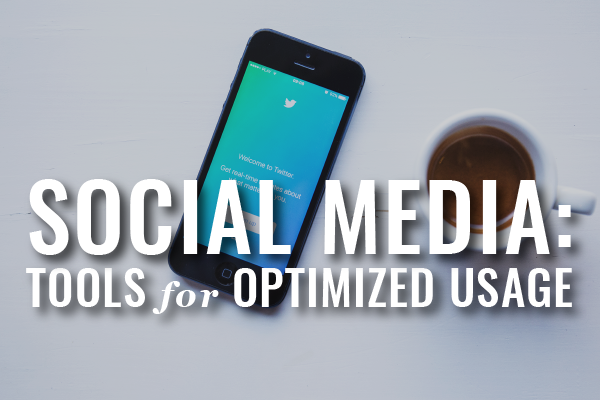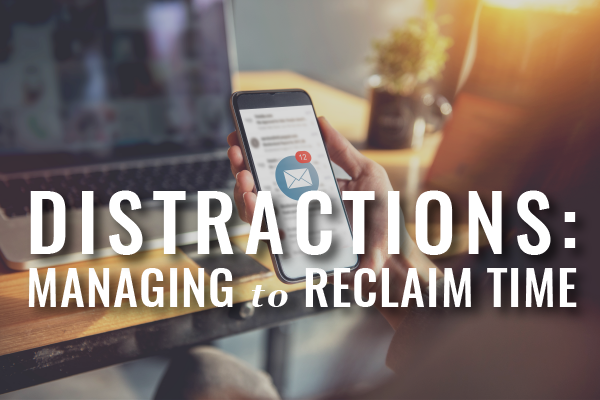The holiday season is upon us and it is a good time to review some helpful tips about avoiding pitfalls and setting yourself up for success this time of year. The trifecta, as it is often called (Thanksgiving, Hanukkah-Christmas-Kwanzaa-Festivus, and New Year’s), is historically a more challenging time of year for many of us.
If the holiday season represents happy times with family and friends, then enjoy! But understand that even with joyful associations, challenges may manifest and test your resilience.
You can get tools and practical approaches to navigate the season’s challenges from our panel at the MBA on Dec. 12; find out more, submit anonymous questions, and register here. For many of us, this time of year brings with it social engagements with friends and family members that often include potentially risky, if not just uncomfortable, situations where your resolve is tested, whether to abstain from alcohol or even just negative thought patterns.
It should come as no surprise to anyone that there is a higher likelihood of being offered, gifted, or simply being in the presence of more alcohol and substances over the holiday season. Here are some helpful tips to keep in mind as you make holiday plans. The tip that underlies all of the rest is, “Plan ahead!” As the saying goes, “an ounce of prevention is worth a pound of cure.”






